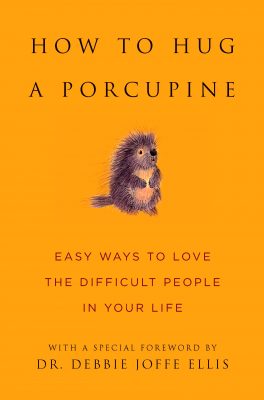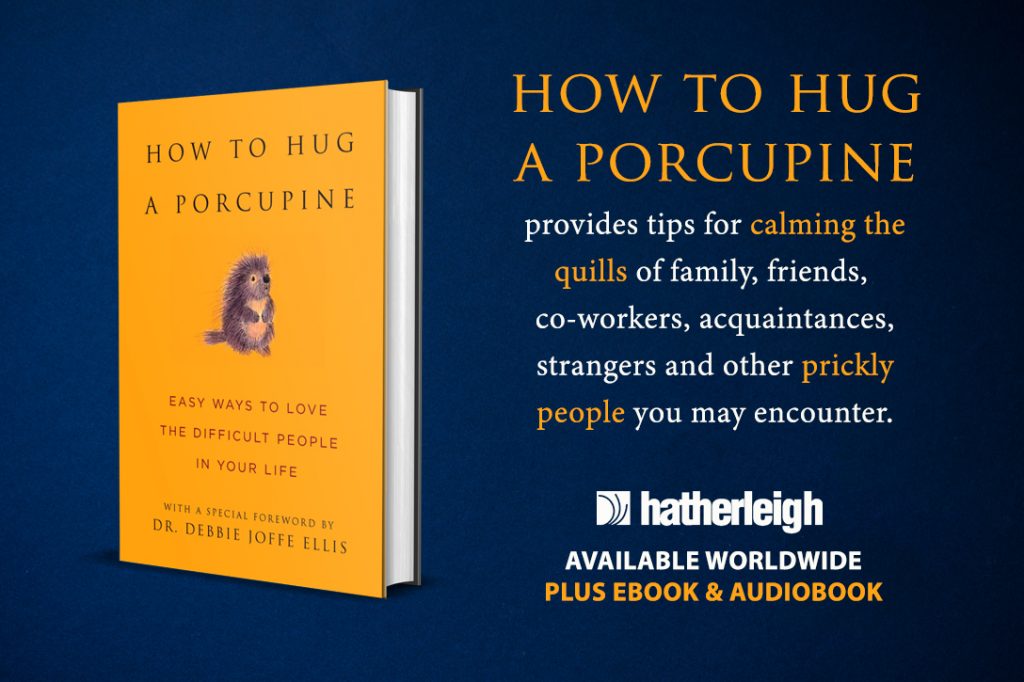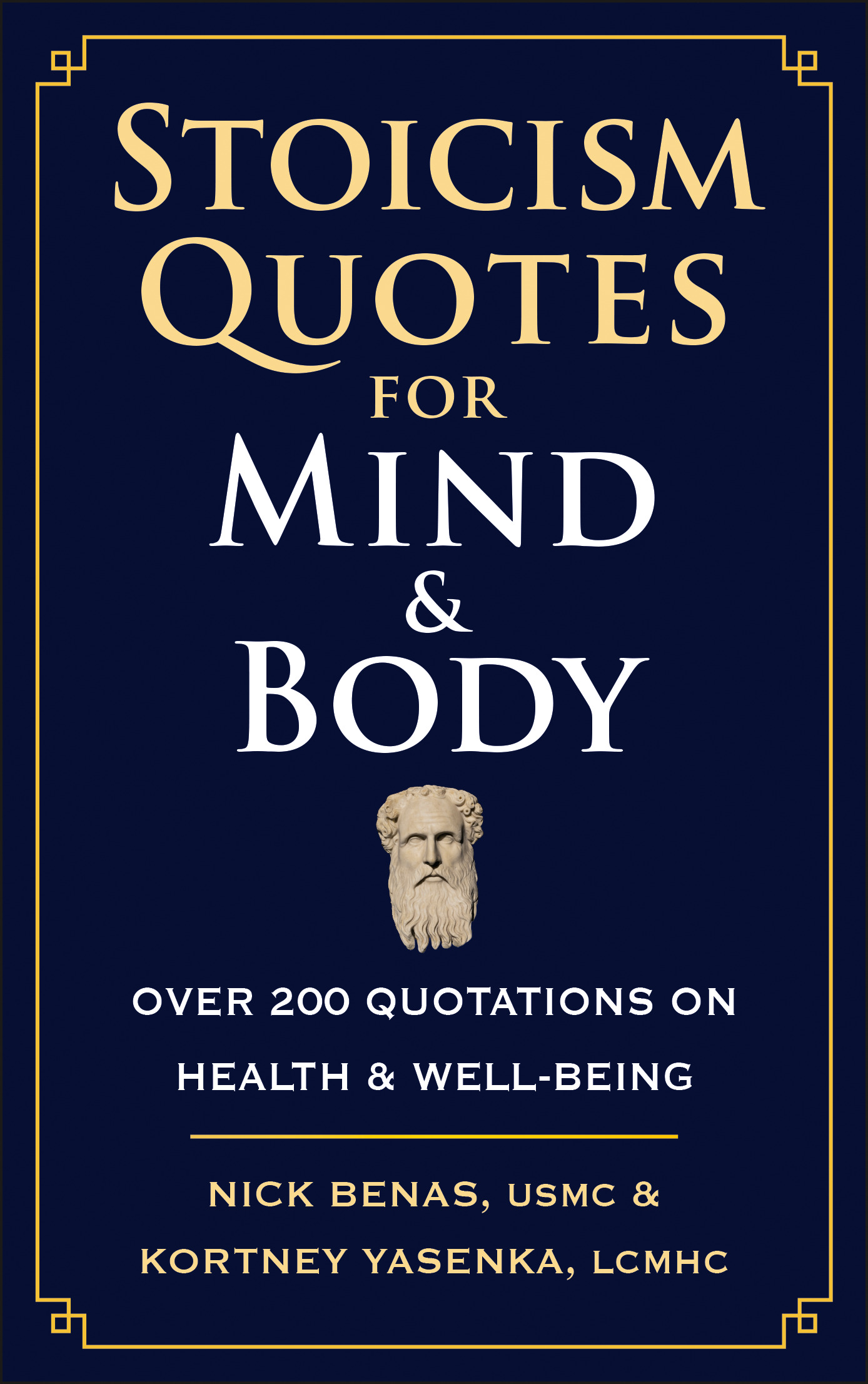Innovative and refreshing strategies for how to love, understand, and communicate with difficult people—at home, at work, and in your community
Most of us know someone who, for whatever reason, always seems to cause problems, irritate others, or incite conflict. Often, these people are a part of our daily lives. The truth is that these trouble makers haven’t necessarily asked to be this way. Sometimes we need to learn new approaches to deal with people who are harder to get along with or love.
How to Hug a Porcupine: Easy Ways to Love the Difficult People in Your Life, explains that making peace with others isn’t as tough or terrible as we think it is–especially when you can use an adorable animal analogy and apply it to real-life problems.
How to Hug a Porcupine provides tips for calming the quills of parents, children, siblings, strangers, and other prickly people you may encounter. Among other tips, How to Hug a Porcupine includes:
- Three easy ways to end an argument
- How to spot the porcupine in others
- How to spot the porcupine in ourselves
“How to Hug a Porcupine makes change for a lifetime possible. This is a book that can be picked up, enjoyed and implemented at any time. It can be used as a dose of preventative medicine, a first-aid kit, and a healing balm, but more than anything else, it is an effective tool for emotional and mental health and well-being.”
With a foreword by noted psychotherapist Dr. Debbie Ellis, widow of Dr. Albert Ellis, How to Hug a Porcupine is a truly special book.
PURCHASE A COPY!
Amazon
Barnes & Noble
Bookshop
Books-A-Million
Indigo
Penguin Random House
AVAILABLE IN EBOOK!
AVAILABLE IN AUDIOBOOK!
Audible
Audiobooks.com
iTunes
Downpour
NOW AVAILABLE IN SPANISH & FRENCH AUDIOBOOK!
Audible – Spanish
Audible – French
Dr. Debbie Joffe Ellis is a licensed psychologist in Australia and mental health counselor in New York. She is affiliated with several major psychological associations and societies including being a Member of the Australian Psychological Society, and an International Affiliate Member of the American Psychological Association. For several years, she worked with her husband, Dr. Albert Ellis, giving public presentations and professional trainings in Rational Emotive Behavior Therapy (REBT), as well as collaborating on writing and research projects, until his death in 2007. She continues to present, practice and write about his groundbreaking psychotherapeutic approach of REBT. She has also co-authored several forthcoming books with Dr. Albert Ellis. She has a private practice in New York City, and also delivers lectures, workshops and seminars throughout the US and across the globe.






